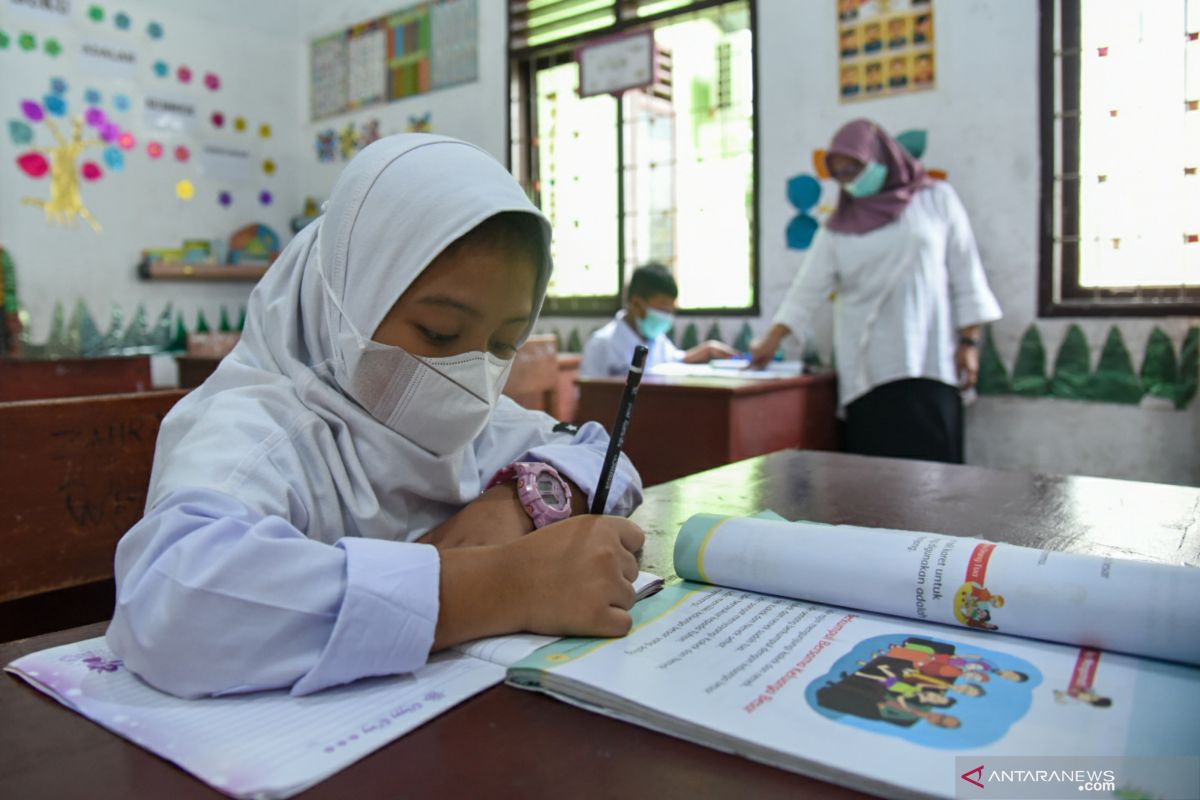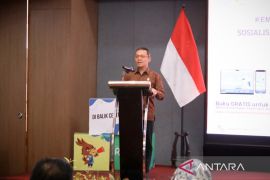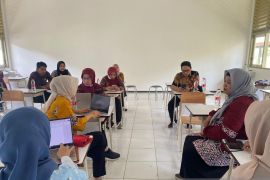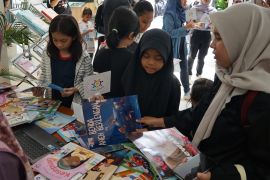"We encourage various parties to accelerate the implementation of face-to-face learning, not limited but fully," the ministry's Director General of Early Childhood, Primary and Secondary Education, Jumeri, said at an online press conference on Thursday.
According to him, the implementation of full face-to-face learning is necessary to prevent a decline in children's learning outcomes, which the prolonged COVID-19 pandemic could cause.
The pandemic could also lead to children dropping out of school, entering into an early marriage, suffering domestic violence, or it could even reduce their competitiveness, he added.
Currently, many children have dropped out of school, the number of students in early childhood education schools (PAUD) has also decreased amid the pandemic, he said.
The pandemic can also cause boredom among children, he added and called for efforts to overcome the situation.
He suggested that children be encouraged to exercise in a bid to maintain and improve their physical and mental health.
"Amid the pandemic, we must pay more attention to children's health, both physically and mentally. One of the activities that we can do to overcome this boredom problem is exercise, which can positively impact children's physical and mental health," he remarked.
In addition, children also need adequate nutritional intake, he said. There are several nutritious foods that children can consume, such as vegetables, meat, egg, and fish, he added.
He also reminded that people must comply with the health protocols that include wearing masks, washing hands, maintaining social distance, reducing mobility, and avoiding crowds amid the pandemic.
Related news: PGRI calls on teachers to prepare for new learning model
Related news: Pandemic becomes turning point for teachers, organization: PGRI
Related news: Schools must include disabled students in learning activities
Translator: Lia Wanadriani, Raka Adji
Editor: Sri Haryati
Copyright © ANTARA 2021












